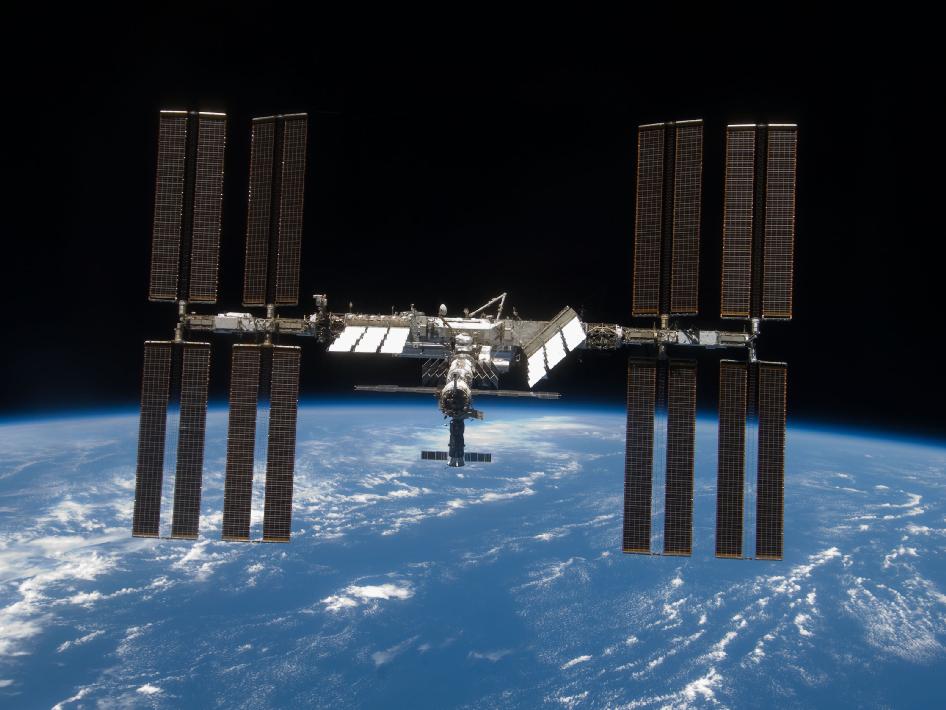
An experiment, set for early next year, aims to investigate how being in space affects hemp and coffee plants. Results could help shed light on the future of growing the plants on earth.
Last week, agricultural technology company—Front Range Biosciences—announced its partnership with SpaceCells USA Inc., and BioServe Space Technologies to send cell cultures of plants to the International Space Station (ISS).
Why Send Cultures to Space?
The 480 plant cell cultures will be sent to the ISS in March 2020. The cultures are estimated to make their journey via SpaceX’s CRS 20 cargo flight. Once aboard, the cultures will be placed in a temperature-regulated incubator for approximately 30 days. Then, they will be return to earth where their RNA will be analyzed by BioServe Space scientists in Colorado.
The project will investigate how plant cultures respond to zero gravity (microgravity) and radiation, according to an announcement from Front Range Bioscience.
This is the first study into the effects of microgravity and spaceflight on hemp and coffee cell cultures, said Dr. Jonathan Vaught, co-founder of Front Range Biosciences in the announcement.
Ultimately, the research could “help identify new varieties or chemical expressions in the plant,” Vaught explained. “This will also allow scientists to better understand how plants manage the stress of space travel and set the stage for a whole new area of research for the company and the industry.”
Terrestrial Travel and Climate Change?
Research may prove to be significant, reports Newsweek’s Aristos Georgiou. “As the planet’s climate changes, an increasing number of plants will not be able to grow in areas where they once thrived.”
“Learning how plants respond to unique environments—like space—can help agricultural technology companies to develop new, hardier varieties which can grow in harsh conditions,” Georgiou reported.
In other words, the research is applicable not just for terrestrial travel or cultivation. Results could help our understanding of how plants adapt to conditions, like drought, right here on earth.



Leave a Reply